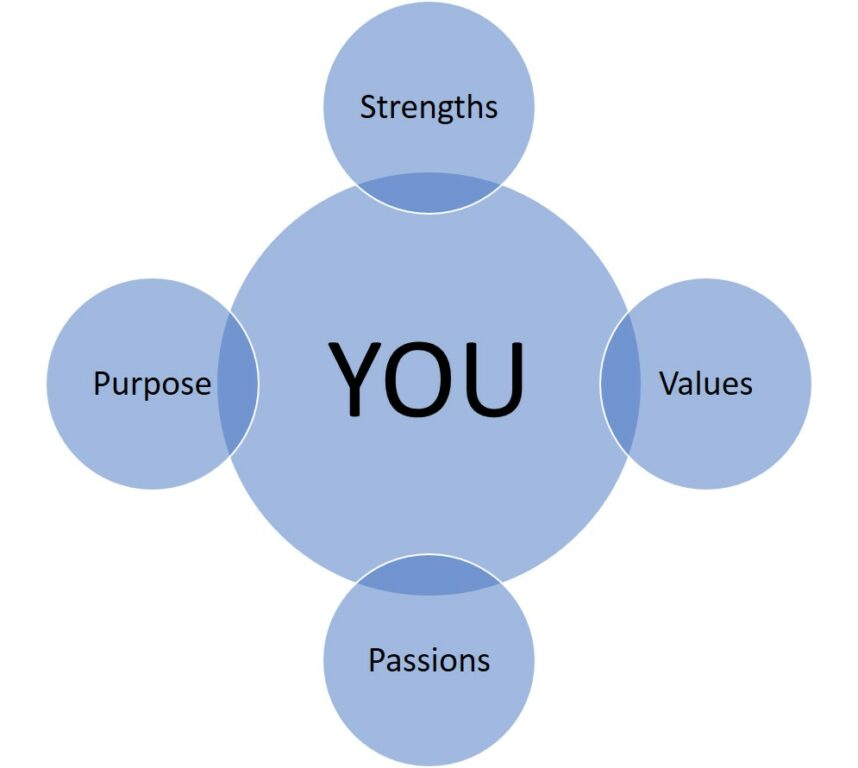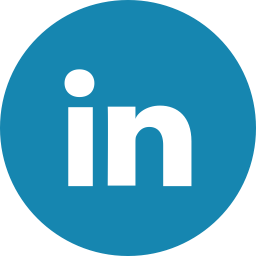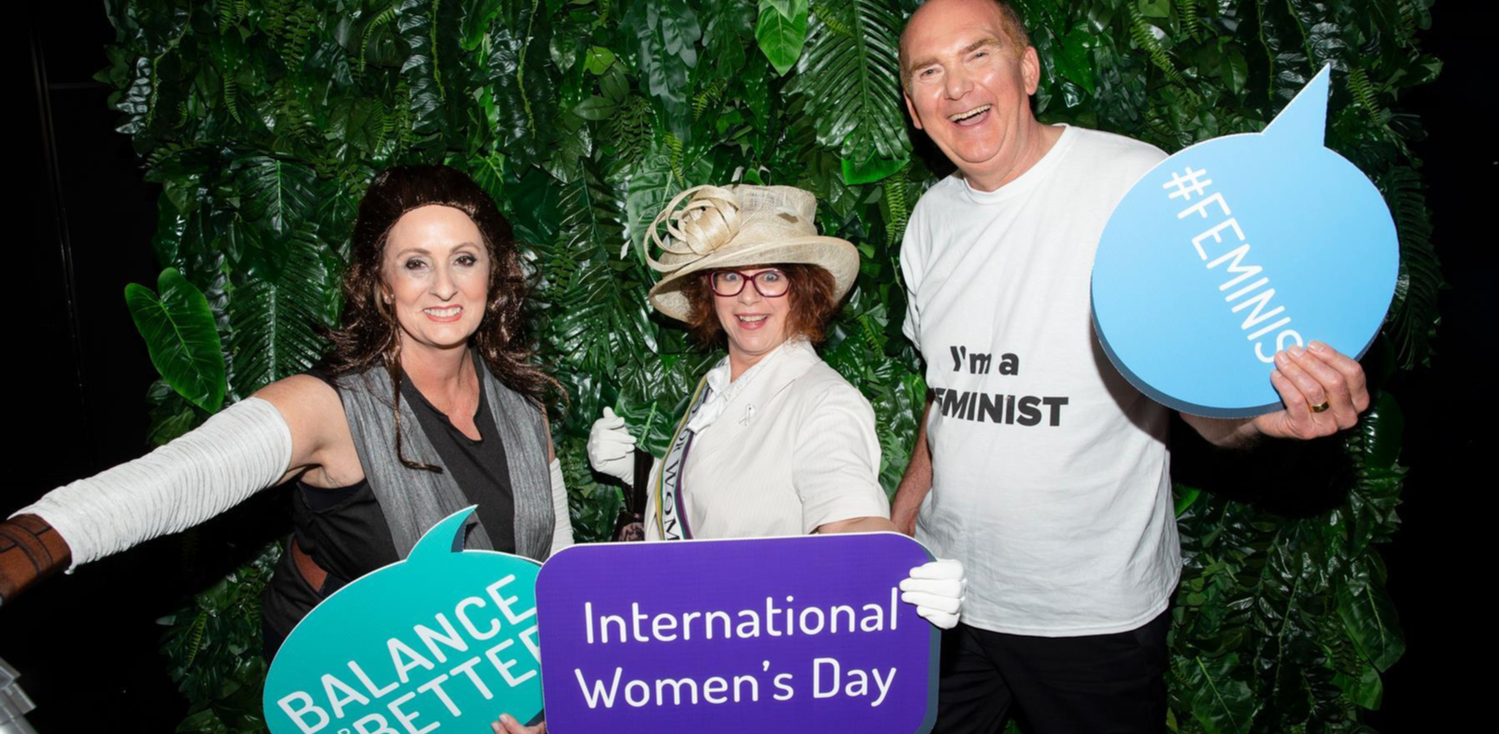After building your personal brand, networking is an excellent opportunity to promote it to others. Your reputation will well and truly be on display and yes, you will be assessed by those you meet. Don’t worry, you’ll be doing the same to them. Networking can come more naturally for some than others, but it is an important ingredient in career development.
We live in an age of connectedness and being an effective networker assist you in remaining engaged with your peers and mentoring is often viewed as a proactive and positive means of networking. Mentees –ask your mentor to suggest useful networking events, or even accompany them. Mentors – this can be a great opportunity for you to role-model effective networking strategies, but we would also suggest that you make sure they stand on their own two feet and you take the role of observer to provide them with some constructive feedback.
Our focus here is on the ‘in-person’ networking. However, it is also helpful to think about how you will maintain your connection with these new contacts online. You may also consider using special groups for networking. Once you’ve connected in person, think about sending an online connection request. A word of caution – be careful who you connect with given that they will also have access to your contacts. Be conscious of your personal band, bearing in mind your connections will also reflect your brand. Simply put – use online networking to support your in-person networking.
Effective networking can have profound benefits for both mentor and mentee.
Here are some key steps to assist you in your networking (and a few tips on what to avoid!).
Step 1: have a purposeful networking plan
Networking in order to grow your career needs to be purposeful. One of the subtle traps that both mentees and mentors can fall into is thinking that “I’ll be at XYZ event and get a chance to network.” However, when they get there, they bump into someone they know who they haven’t seen for some time and get chatting and before they know it the opportunity to network outside of their current network has passed. Some simple steps to keep in mind are:
- Know the why. Decide why you are attending this networking function – have a clear expectation of what the benefits are going to be of you giving your time, energy, effort and (potentially) money to attend.
- Set a target. Specify how many new contacts you wish to make at this event. Be realistic. You might want to limit it to three or four.
- Be purposeful. It’s easy to meet many new people at an event, but before arriving, hone in on the types of people you want to connect with. Be clear on what benefit you will be to them and them to you. We’ll come back to this point later.
Step 2: be productive
Networking often takes us out of our comfort zone. After all, no one likes to be rejected. So it’s important to be in charge personally of your strategy and. Being proactive means you ask for what you want and need.
This requires energy and effort. Being proactive can be tiring but it always pays off. Being a fringe dweller isn’t a proactive position at a networking event. It may be more comfortable for you, but it certainly won’t get you noticed or get you right into a conversation. Be prepared to be persistent as you may need to approach certain individuals several times.
What about when it comes to breaking into a closed conversation circle? A top tip from a senior diplomat is to take the direct approach. This doesn’t mean pushing in and taking over the conversation – this is never OK. Instead, approach the group by moving directly to the person who is speaking and gain eye contact with them. They will naturally then include you in the conversation and you will find members of the group shuffle around to fit you in. Then you have the opportunity to contribute to the conversation. Remember, don’t linger along the sidelines, don’t be a fringe dweller.
Step 3: think win-win
Thinking in terms of ‘What’s in it for me’ doesn’t focus on relationship building. This isn’t to contradict Step 1 – this is to reinforce the need to be purposeful in who we want to meet. In the purposeful plan that we develop, a key element is to identify what you might have to offer in return. It’s about keeping the balance in the networking situation and the resulting professional relationship.
So, what are you going to give in return? How are you going to maintain appropriate contact? A simple way of giving back is to be mindful of them and what you know about them. For example, you may have read a journal article that relates to something you spoke about. Take the initiative to send it through to them acknowledging that it may be of interest to them. It doesn’t matter if they’ve already seen it. What matters is you’ve demonstrated that you were genuinely listening to their input and that you are mindful of the connection. You may like to invite them to an event you’re attending and take them as your guest. Mentees, it’s easy to take on the mindset that your mentor doesn’t need anything from you – this is not true. These networking step also relate to your mentoring relationship.
Step 4: build rapport
Your mentoring resource guide refers to the need to build rapport as a foundation for building an effective mentoring relationship. The same can be said of networking connections. It’s too easy to go to an event and be caught in the business card shuffle. This isn’t networking! This is scattergun marketing, a completely different style and purpose.
If you accept the premise that networking is about creating purposeful professional relationships that are mutually beneficial then it is natural that you will take the time and effort to build rapport. This may not happen at a first meeting. You may, indeed, exchange business cards but the follow-up request to catch up for 30 minutes over coffee is when you can build rapport (this meeting also needs to have a purposeful plan). Therefore, a purposeful plan and gathering only a few contacts per event is important.
Step 5: prioritise
Effective networking takes time, effort and energy. You need to step out of your comfort zone and be consistently engaged. Making purposeful networking a priority is so important for moving forward in your career.
IML ANZ’s mentoring program is a great start for this kind of networking. Whether you are a mentee or mentor there will be opportunities to network with and through each other. We understand that you are all extremely busy people. Life is full and yet, we do suggest you prioritise the time and energy on effective networking.
We would encourage you to participate in purposeful networking events, be proactive in how you engage with others and the way you contribute to them. The benefits of making this a priority – putting time, energy and effort into building rapport far outweigh the challenges. This is another way of building your reputation and growing the career you truly want.











